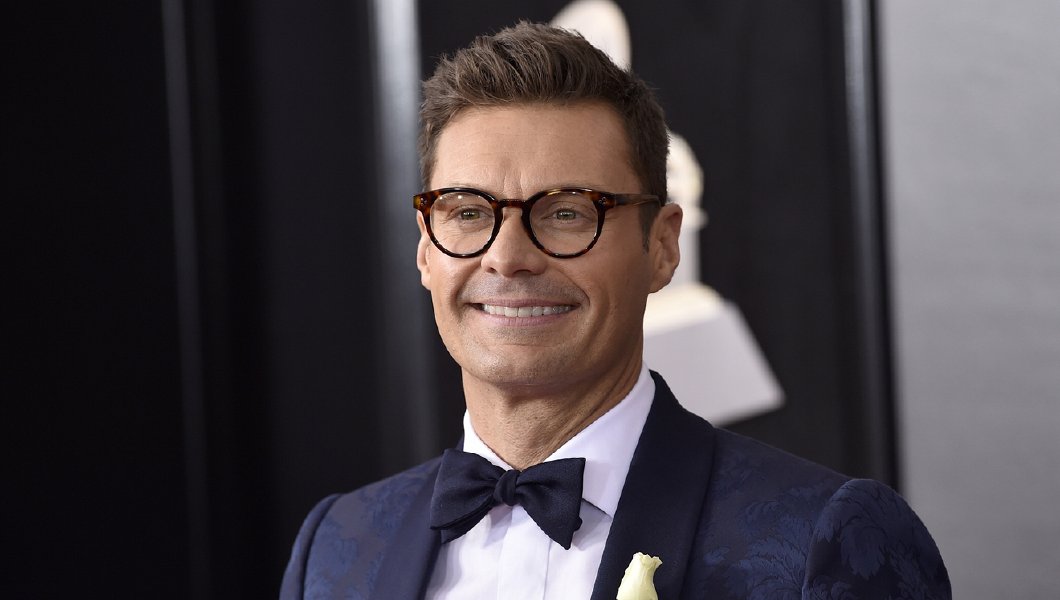Lessons on #metoo from the Strange Case of Ryan Seacrest
By Emily Jashinsky
Roughly one month after the start of the #MeToo movement last fall, an unspecified allegation of sexual harassment surfaced against Ryan Seacrest, leveled by a former personal stylist. In publicly announcing the allegations, Seacrest denied any misconduct, referring to her complaint as "reckless," but pledged to cooperate with an investigation. On February 1, E! News announced the end of its outside counsel's investigation into Seacrest. The Associated Press reported the network's inquiry found "insufficient evidence" to support the accuser's claims. Four days later, Seacrest published an op-ed in The Hollywood Reporter headlined, "What Happened After I Was Wrongly Accused of Harassment," calling the ordeal "gut-wrenching." But then on Monday, Variety published a detailed report about the allegations based on interviews with Seacrest's accuser, Suzie Hardy, who claims the popular television host harassed her from 2007 to 2013. Hardy's allegations are specific, often tied to dates and events, and corroborated in some cases by others with knowledge of their working relationship. Hardy, who was interviewed thrice by E!'s investigators, believes the probe was rigged, saying, "I felt like by the third interview, it was obvious the investigator was whitewashing it for Seacrest’s side." She also claims four witnesses who would corroborate the claims were not interviewed and disputes asking for any money. This story is strange, but instructive. #MeToo has triggered rightful cries for due process from those who insist that trial-by-media-circus is a reckless way to adjudicate guilt. Seacrest was the subject of a monthslong investigation by an outside counsel. Not only does he deny the allegations, but he went so far as to publish an emotional op-ed about the experience, arguing everyone accused of misconduct must be "given the opportunity for a swift and fair review." The operative word in that sentence is "fair." In the #MeToo moment, it seems unlikely that a company would want to keep covering up bad behavior, going so far as to orchestrate an unfair investigation. But like Matt Lauer at NBC, Seacrest is valuable to his network. Then again, wouldn't the prospect of bad publicity stemming from media revelations about a cover-up act as a deterrent? Seacrest's story seemed earlier this month like a helpful case study: He had only one accuser, her claims were investigated by an outside counsel, and the public's patience proved to be a virtue when, months later, the inquiry cleared him. Maybe the investigation was rigged. Maybe it wasn't. Maybe she asked for money. Maybe she didn't. Maybe he's guilty. Maybe he's not. All of the publicly available information in this case is insufficient for drawing conclusions. The coming days may provide more evidence in either direction, but they also may not. So the question now becomes how we handle men stuck in the gray area, facing compelling accusations with compelling denials, whose guilt cannot be assessed with certitude, but nor can their innocence?
|
.
Any original material on these pages is copyright © BishopAccountability.org 2004. Reproduce freely with attribution.
